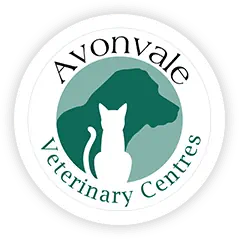
Dogs, like humans, can be prone to gaining weight. This in turn can cause health problems like diabetes, osteoarthritis, heart and respiratory problems, which could reduce your dog’s life expectancy. Here we look at some tips to help get your pet pooch in good physical shape.
How to tell if your dog is overweight
Sometimes you can tell your dog is overweight just by looking at them. If your dog has especially thick fur, it can be more difficult to assess their weight. When you cuddle, or stroke, your dog you should be able to feel their ribs. When you look at your dog you should see a waistline – a clear difference between their chest and stomach.
If your dog is overweight, it’s important to take steps to reverse the weight gain.
If you can identify a certain behaviour that has caused the weight gain, then great – you can reverse or change that behaviour.
Ask yourself these questions:
Have you or someone in your family been giving your dog more treats recently? Check that children aren’t sneaking them extra dog biscuits on the side!
Have you changed your dog’s exercise routine? If you’ve been walking your dog less than usual, they’ll be using less energy and therefore less calories from their food intake.
Does your dog have access to any additional food sources? Make sure they’re not being fed food scraps from the table or treats from neighbours when they’re out in the garden.
Next steps
If the weight gain seems out of the ordinary, or you think your dog needs a little help with losing some weight then it’s always best to get your dog checked by one of our nurses or vets.
Diet is the most vital part of helping your dog to reach their target weight. Bear in mind that different brands of dog food have different nutritional benefits so if you vary between brands, your dog’s calorieintake may fluctuate. If your dog needs to lose some pounds, you’ll need to be much more accurate with quantities, weighing and measuring each portion.
We would advise that you visit us to get professional advice. Our nurses can weigh your dog, advise ideal weight, and track their progress along the way. They can also check your pet’s physical condition if you’re considering increasing their levels of exercise which is especially important in older dogs.






